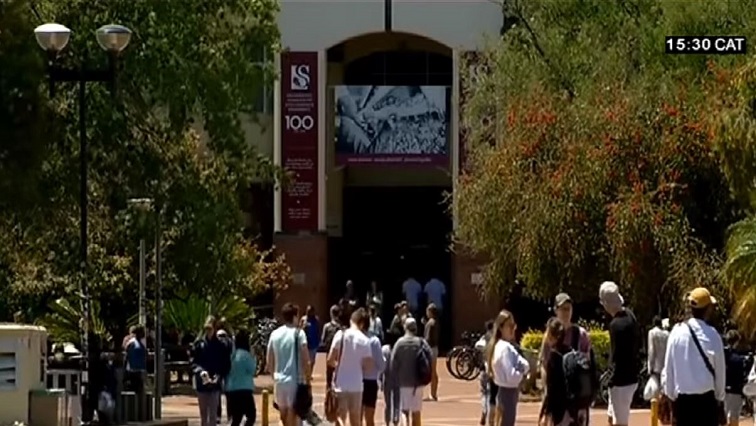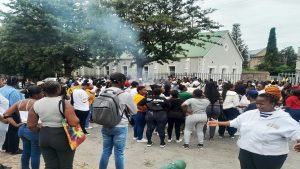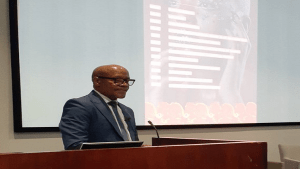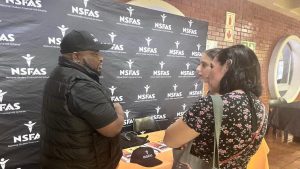Some NSFAS applicants, whose applications were placed on review and then rejected, are accusing the student financial aid scheme of unfair treatment. These students had their applications for financial aid reviewed and rejected for a second time.
However, the fund says the students have an annual household income of more than R120 000. The students are among thousands who have formed the online #NSFASFailedUs movement.
@myNSFAS #nsfasfailedus Now i cant register because i have an outstanding and worse i dont have money to clear it off, i depend on social grants any good person out there who is willing to pay off my debt please DM me.I cant afford to take a gap year??@tumisole @CassperNyovest pic.twitter.com/VpAQsMvxb5
— Riley Freeman (@KingSammyBae) January 22, 2019
A final-year accounting student at the University of Johannesburg, who asked to remain anonymous, says she was saddened when she learnt in January that her NSFAS funding had been withdrawn. She says although the student financial scheme had paid for her studies so far, she was informed that NSFAS would no longer pay as she now had an annual household income of more than R122 000.
She says this surprised her as her circumstances had not changed and she says she had also passed all her courses.
“My father passed on when I was 10 years old and my mother has been unemployed since 2011. Right now, she makes a living by selling fish and chips at our house and my stepfather is also unemployed. For three years, I was funded by NFSAS and right now at the end of my academic year, suddenly I don’t have funding and I only have 10 more months left of school and after that I was going to work and support my family because I am their only hope.”
NSFAS completes review of rejected applications and prepares for appeals. #nsfasSquad pic.twitter.com/Z6N5OnCySn
— NSFAS (@myNSFAS) January 22, 2019
NSFAS released a statement that it had reviewed and approved the applications of more than 11 000 social grant beneficiaries. The applicants’ initial applications had been declined because they had a household income of more than R350 000 for first year students, and R122 000 for students who have been studying before 2018.
Another student, who wished to be anonymous, says NSFAS upheld the rejection after the review even though she depends on social grants.
“My father passed away in 1999 and my mother also passed away in 2009. We were left alone, me and my sister, and my sister is receiving child support now. I applied for NFSAS in 2018. I got rejected in December – the reason being that my household income was more than R126 000. I called they say it’s an error and in January I got rejected again. All I wanted was a chance to rebuild my future.”
Social Grant Approved Applicants #nsfasSquad pic.twitter.com/9rKo2Q2BxT
— NSFAS (@myNSFAS) January 24, 2019
The two applicants say they were informed that NSFAS received information that contradicts the details they had provided in their applications from third party agents. The applicants say they do not know who the third party agents are and where they got the information. They fear that their future will be negatively affected if they do not enrol in 2019.
“How come I was approved and used NFSAS full funding for three years and suddenly, when I’m on my fourth year NFSAS claims that I have income exceeding R120 000. It will be better if they tell us how come we have that income and where is it from. What I really want to know is that how this NFSAS people work and think they never did any research on me because my household income for a fact is R9 600 because my sister is receiving a Sassa grant.”
NSFAS administrator Dr Randall Carolissen says they use an applicant’s credit information in conjunction with information supplied by an applicant. He has appealed to applicants who feel they were unfairly declined to lodge appeals.
“At the moment, we are using credit validation that tells what is declared as a household for the transaction and we check that against what have declared.”
Carolissen says information on how to lodge an appeal is available on the NSFAS website. – Additional reporting by Aluwani Mantsha.





